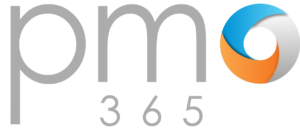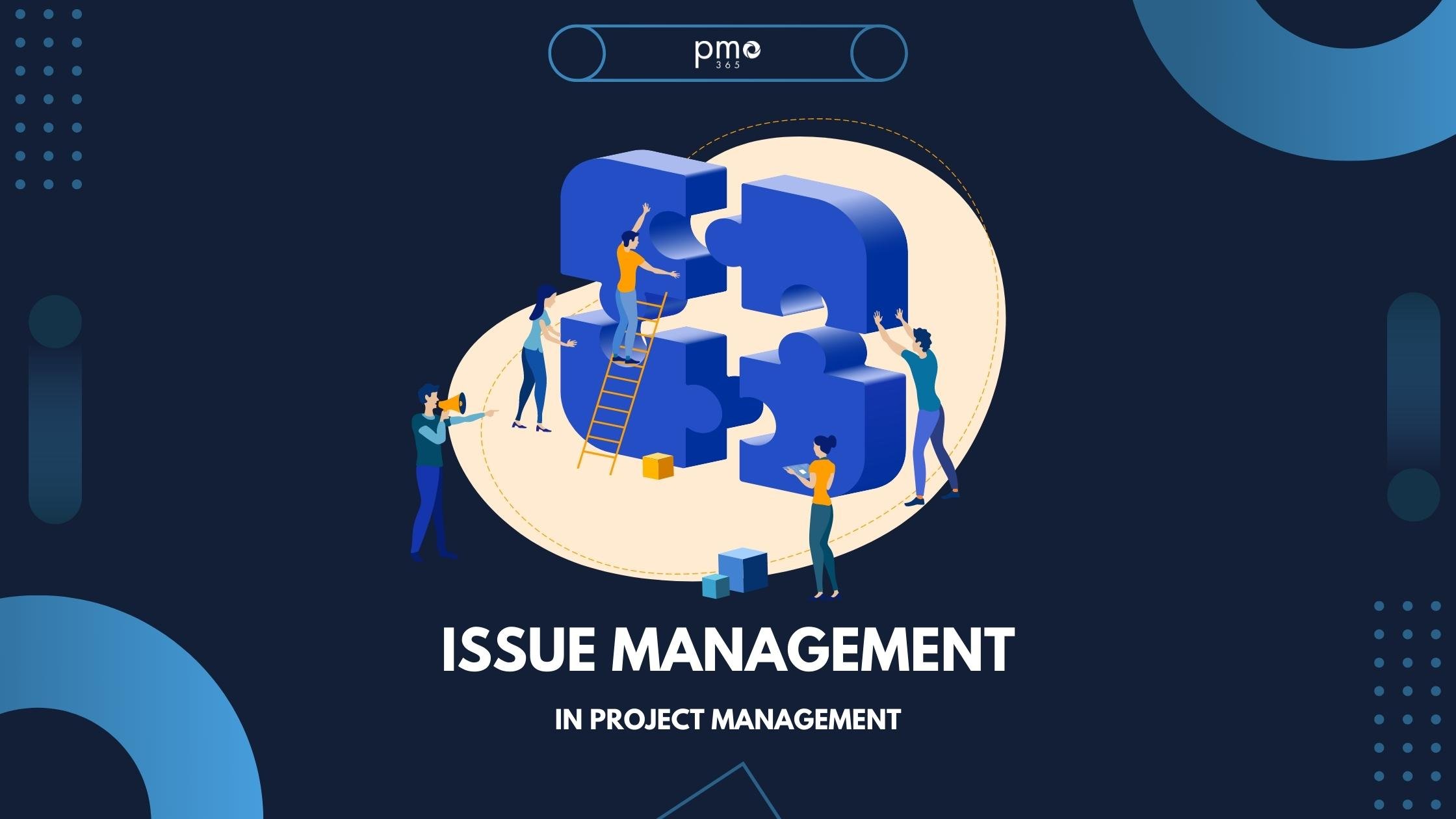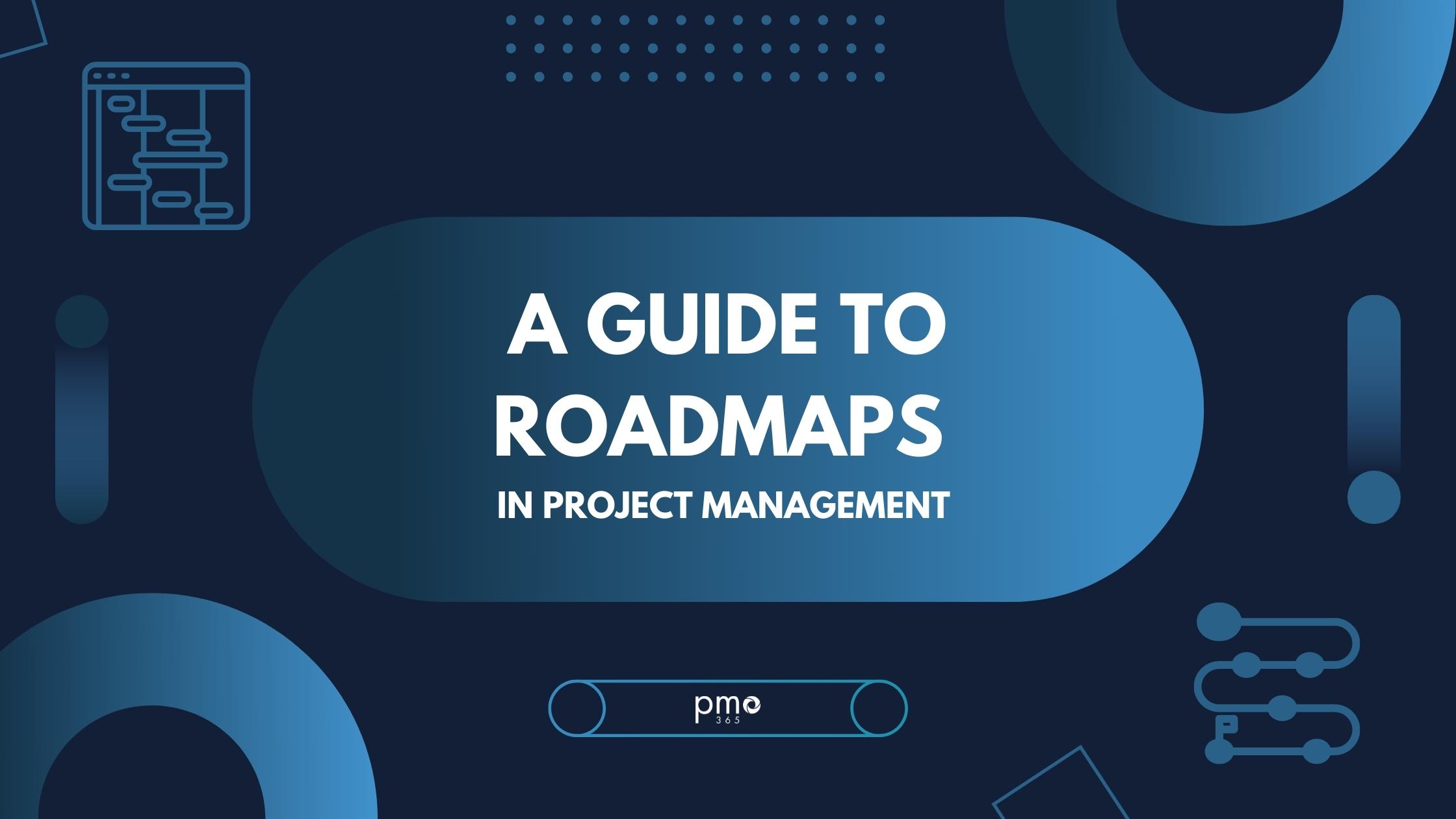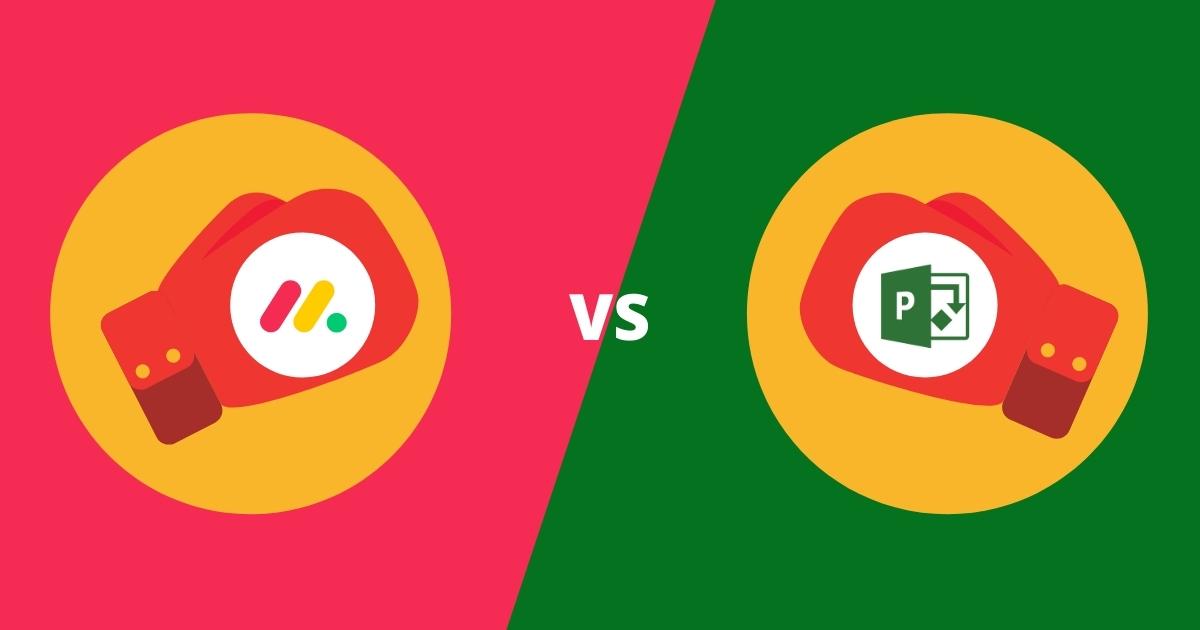Project Manager vs Product Manager: these roles have significant crossover, and sometimes we use the terms interchangeably. However, they have different roles and responsibilities. In this article, we’ll go through their key differences in their responsibilities, roles, and skills.
What is Project vs Product ?
The Project Management Institute defines a project as a temporary arrangement with a ‘defined beginning and end in time, and therefore defined scope and resources’. The main goal of a project is to create a deliverable product for an organisation. The organisation typically disbands the project team at the completion of that goal.
On the other hand, a product is a system or solution created to solve the problems of the customer and business. A product has the main goal of achieving the most market value. It can come in many different forms such as a good, service, platform, or application. Unlike a project, a product does not have a defined end date. Therefore, the product manager can continually update the product to suit the market needs. As a result, organisations often maintain product teams long term to keep consistency.
So, while a product is a solution to a problem or demand, a project is the way the solution (or product) is created.
What is Project Management vs Product Management?
From the definition above, you can start piecing a clearer image of their management approaches.
What is Project Management?
Project management ensures everything within the project runs smoothly and reaches the finish line, often from within the boundaries of the project itself. PMI defines it as the ‘application of knowledge, skills, tools, and techniques to project activity to meet the project requirements.’ You’ll often hear that effective project management is dependent on completing of projects on time, on budget, and on scope.
What is Product Management?
Product management has a more strategic and outwards focus. It looks at ways of identifying, creating and sustaining value-producing products to achieve value for an organisation. While project management is focused on how the organisation will achieve the predefined projects, product management focuses on why the organisation creates these products in the first place. Product managers determine this by deeply understanding the customer, market and industry. It involves a higher level of planning, forecasting, production and marketing of a product through the entirety of its lifecycle. This cycle, unlike project management, does not have a defined end date.
Product management is all about making sure organisations makes the right products, while project management is all about making the products right.
Read more about this topic in our blog on key differences between project and product management.
What is a Project Manager vs Product Manager
So now that we’ve gone through the fundamentals, we can get to the meat of the topic! What exactly makes these two roles different?
What is a Project Manager?
A project manager has the responsibility of delivering a project on time, on budget, and on scope. Project managers supervise and manage the development of a product. They do this through effectively managing resources, mitigating risks, optimising processes, cutting down costs, and keeping everyone on the timeline.
A project manager typically isn’t part of the selection and prioritisation of project goals and objectives. Their focus is to carry out tasks which make up a broader product roadmap and project charter, that as designed by the stakeholders.
One of the biggest challenges of a project manager is keeping a project within scope. This is because project managers continually have to strike the balance between time, resources, and quality. Too often, the scope of the project suffers, as it is often reduced to fit time-frames or budgets, or experiences scope creep.
What are Project Manager Responsibilities?
Project managers have a wide range of responsibilities, all with the goal of getting the project to the finish line and achieving the predefined objectives. Some of the key responsibilities within the role include:
Delivering a successful project
A project’s success is typically measured based on how well it achieves the project’s predefined objectives and goals. It’s like the tagline ‘on-time, on-budget, on-scope’. With its defined scope and time-frame, a project has a definite end. Therefore, it’s a project manager’s job is to get the team there.
Breaking down the project into smaller tasks
Project managers need to break down the effort in a project. This is to help each member can understand and accomplish the tasks easily. By breaking down the project into smaller tasks, project managers can easily allocate resources and to properly track progress. An effective project manager seeks to implement the best practices that suit their team’s dynamics, processes and chosen methodology. Make sure to read more how to pick the right project management methodology for your team.
Estimating and tracking project progress
Estimating and tracking everything happening within projects is the key job of a project manager. Project managers are always making estimations and tracking their schedules, costs and risks. Project managers also need to effectively evaluate and mitigate any issues that may arise during the project time frame. They do this by relying on their own knowledge and experience of team processes as well as the product itself.
Communicating progress to stakeholders
Project managers need to be a master of communication. We all know the saying ‘communication is key’ and it most definitely is central for successful projects. Project managers need to constantly communicate with their team members, skilled experts, product managers, and key stakeholders. They need to be able to quickly identify issues and mitigate risks as they arise within the project time frame.
What is a Product Manager?
A product manager is responsible for producing market value for the organisation. A product manager should develop, maintain, and update value-adding products that bring market value to the organisation. They do this typically through extensive market, customer, and competitor research that gives them the information required to identify gaps and opportunities.
A product manager’s role is much more collaborative than a project managers. Its strategic nature means that teams such as the sales, marketing, and development team often need to be brought into the process to produce a complete product vision and strategy.
Though product managers will execute similar tasks to project managers, their focus is fundamentally different. Product managers focus much more on the ‘what’ and ‘why’ over the ‘how’. This leads to a more long-term perspective and commitment to the progressive changes of customer needs.
What are Product Managers Responsibilities?
Product managers have a different set of responsibilities that are much more visionary, value-based and strategic.
Understanding the market, customers and competitors
A product manager’s biggest responsibility is jumping on any new opportunities to improve or produce a product. Product managers focus on gaining market value through satisfying customers. Therefore, knowing what is in the market and how customers are reacting to these products is key. One key task is to build user stories that provide managers an insightful understanding of how people interact and engage with the organisation’s products. This specific responsibility requires a lot of research and analysis skills to gather the right information.
Developing product visions
Based on all the research and know-how of the market, product managers create the overarching vision of the proposed product. A vision paints an idea of the exact goals the product solves, its potential future customers and what it aims to achieve.
Creating product strategy or product roadmaps
You’ve got the research, you’ve got the vision – now you need to plan to make it a reality. Product managers are in charge of building the strategy of how they’ll get the product up and running. Different teams may collaborate with the product manager during this roadmapping process.
Monitoring, maintaining and updating products
Product managers don’t stop at just making a product, they have to keep it going. As the nature of a product is open, product managers actively and consistently review their products. This includes monitoring the product’s progress, and make necessary maintenance and updates to ensure the organisation gains the most value from the product.
Project Manager vs Product Manager Skills
One of the big reasons why a project manager and product manager get jumbled together is the overlap in their skill sets. Though there are distinct differences in their roles and responsibilities, many skills do overlap as well. We’ll go through the similarities and differences between project and product manager skill sets.
Shared Skills
Communication
No surprises here. Everyone knows an effective communicator is what builds a successful manager. Strong communication are the foundations for successful projects or products. Though managers talk a lot, but they do not always communicate effectively. Make sure to download our free soft skills development checklist so you can become the best communicator.
Negotiation
The ability to communicate is only the first part. Managers need to learn how to compromise where it is mutually beneficial, and foster collaboration and cooperation between teams. Smooth negotiations result in smoother project or product processes- a top priorities for both roles.
Problem-solving
The reality of projects and products is that they are always changing. That means issues can arise at any stage. The job of managers is to take charge and quickly address the situation. For project managers, these problems often lay within the scope of the project itself. In contrast, product managers may have to look farther afield into the broader market and industry. An effective manager is able to quickly solve issues before they cause detrimental effects to a product or project.
Key Project Manager Skills
Industry specific skills
Project managers are tasked with creating the final product – whether that may be a building or a new CRM solution. It’s critical that they possess the the knowledge, expertise and experience in the specific industry and field of the intended project. For projects that require a high level of compliance and technical skill, industry specific skills may be compulsory.
Budgeting
Project managers can prevent scope creep and project delays by budgeting and managing costs effectively. Project managers have the responsibility of monitoring the ongoing costs and risks during the span of a project. Budgeting and cost management may seem straightforward, but without an effective PPM system, it can become a time-consuming activity. Make sure to read about what software features you need to look out for to enable effective cost management.
Scheduling
Projects are filled with constantly moving parts. So, attempting to coordinate and manage deadlines, team availability, and resources can become a huge task. Project managers are responsible for checking their project status, so they can effectively adjust schedules and properly estimate new timelines. Make sure to read more about how your team can excel at schedule management.
Relationship management
Project managers have the big task of not only completely understanding the client but also properly representing the team. Balancing expectations and relationships in this process is no easy feat. Therefore, good relationship management skills are critical to allow for smooth communication between the team and key stakeholders.
Key Product Manager Skills
Market knowledge
Where project managers may need knowledge about the product, product managers need to know more about the market to generate customer-based value. Product managers need to know how to learn information which will create the right products for their organisation. This information could include understanding the customer’s interactions with the product, keeping an eye out on competitors, or hunting for new product opportunities.
User research
We’ve mentioned it above, but fully understanding the customers is a critical skill needed for product managers. Some of the tasks product managers may do to learn about their customers are building customer stories, conducting user interviews, or running different user tests.
Analytical skills
Product managers may have a flurry of information thrown at them, but they need to be able to use it effectively. Analytical skills are critical for product managers to be able to translate data into value-producing products. Understanding the cause-effect relationships within data sets is also beneficial for improving future performance of the product.
Strategy and vision development
Developing a product strategy and vision requires seeing the big picture. A product manager needs to facilitate ideation, push the conceptual limits of where this product can go, and build an effective plan to get there. It’s more than simply following best practice and predefined processes, it requires critical thinking and a visionary perspective.
PPM software for a Project Manager vs Product Manager
With all these different responsibilities, tasksm and skills, there’s certain software features you need to look. A PPM software with the right features ensures your team is working as smoothly and efficiently as possible. But the PPM software space is crowded, and sometimes the solution with too many services isn’t always what your team needs.
Lucky for you, we’ve made a few guides to help you spot the most important software features you might need. Make sure to have a read about the difference between project management software and product management software.
pmo365 is the PPM software for you
Whether you are a product or project manager, pmo365 is the PPM solution for you!
pmo365 brings a whole range of additional value-adding services in the form of:
- Intuitive and interactive software that meets all the top 10 software features you need in a PPM software.
- Insight and expertise from leading PPM experts in the field who have satisfied customers globally.
- Additional training, resources, and tools to bring out the best of your PPM activities
- Our simple pricing packages offer you access to fantastic software all the way to a fully-managed implementation of a PMO. We’re confident we can find the perfect solution for you so we guarantee: no lock-in and no set-up fee.
Still want to know more about why we’re the best PPM software for you? Have a walk through our interactive guide of all our software capabilities and book a free demo session to speak directly with our PPM experts!













